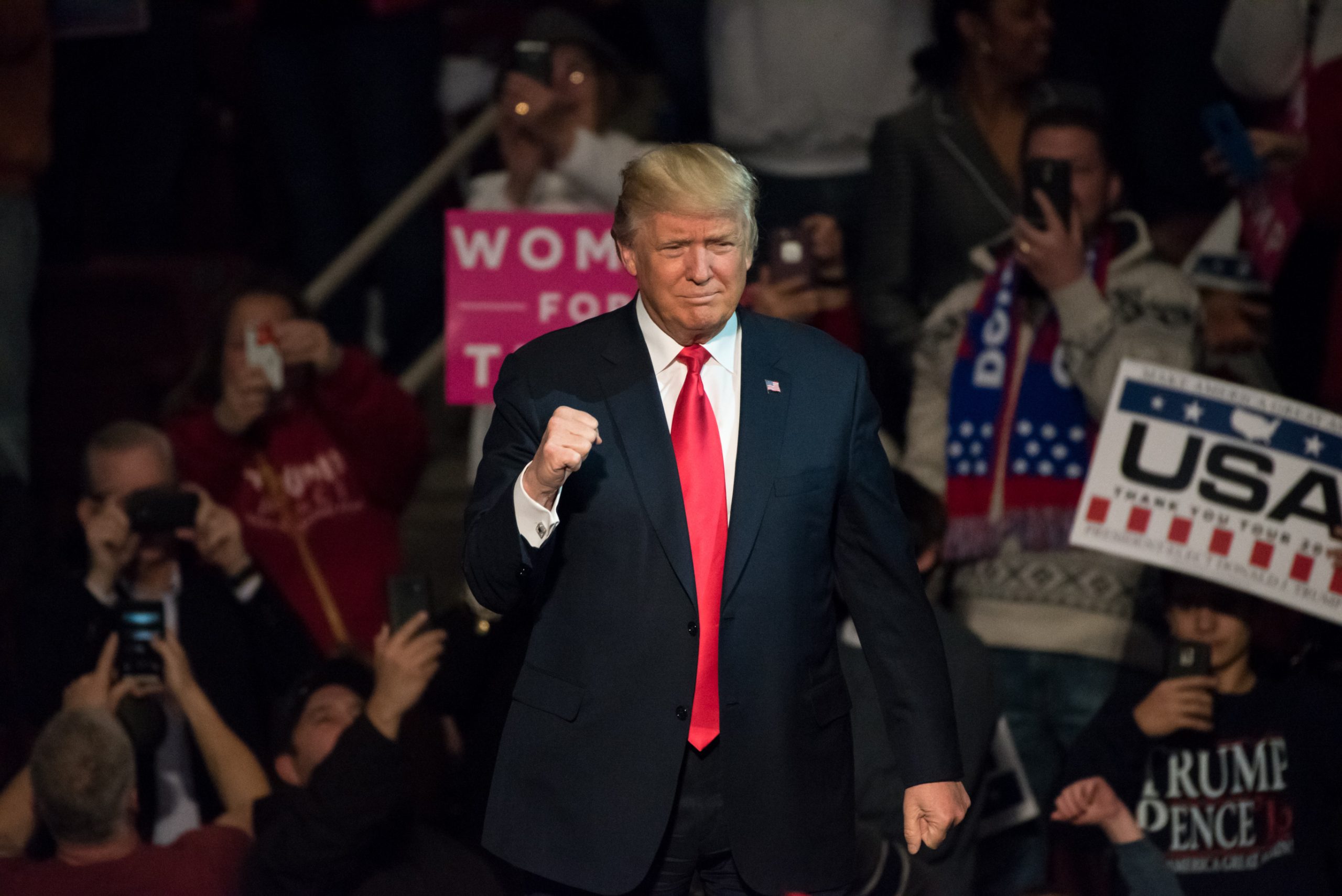The extent of the victory by former President Trump was not expected but financial markets have been discounting a Trump victory since the end of September.
Some of the rise in US 10-year bond yields last month (from 3.79% to 4.28%) were a reflection of that trend. Trump’s policies, including tariffs on imports and the likelihood of lax fiscal policy, are seen as potentially inflationary.
The dominant narrative in markets for most of this year has been the expectation of waning inflationary pressures that will allow central banks on both sides of the Atlantic to continue cutting interest rates, as each has begun to do. The Trump victory may call that into question. We have already seen expectations for the extent of future rate cuts being pared back in both the US and UK, with the UK budget on October 30th limiting the Bank of England’s ability to reduce rates as quickly or as much as previously anticipated.
The good news though is that, for now at least, there is not a change to the direction of travel for policy interest rates. The expected trough for the Fed Funds rate may have moved up to 3.75% from 3.25%, but that is still well below the current 5.0%.
The key for determining whether the market begins to doubt that rates can go materially lower will be whether expectations for inflation change significantly. Inflation breakevens and inflation swap rates have moved higher in recent weeks but are not yet at levels that would imply concern that central banks will be unable to continue to ease policy. Watching these inflation markets will be critical in the coming weeks.
The fact that the Republicans appear to have won both houses of Congress means that Trump has more freedom to act. That makes the renewal of the 2017 tax cuts for individuals and small businesses more likely when the decision has to be made at the end of 2025.
It also implies that Trump will be able to make other changes. Winners from a Trump Presidency include big technology companies who no longer face the threat of greater regulation (e.g. on perceived dominant market positions in areas such as internet search).
Light touch regulation was a theme of the first Trump term and that will likely be a positive for investment banks. Expect to see more mergers and acquisitions in corporate USA. Trump is known to advocate energy self-sufficiency, so oil service companies should benefit from the likely increase in domestic drilling activity.
Conversely, markets have already been discounting that losers could include renewable energy providers and those companies still heavily reliant on China for parts/products e.g. apparel retailers.
Tariffs will be imposed on Chinese-made goods but the implications of that are more subtle than they may appear. Tariffs will also increase tension with Europe, Australia, Canada, Japan and South Korea. That may make the overall pressure on China from the international community less than it otherwise would have been. Trump’s energy policies also leave China free to continue its efforts to dominate the electric vehicle sector.
In the end, if markets expect supportive monetary policy and light regulation, the backdrop for financial markets could remain constructive.
Read the full outlook here.




